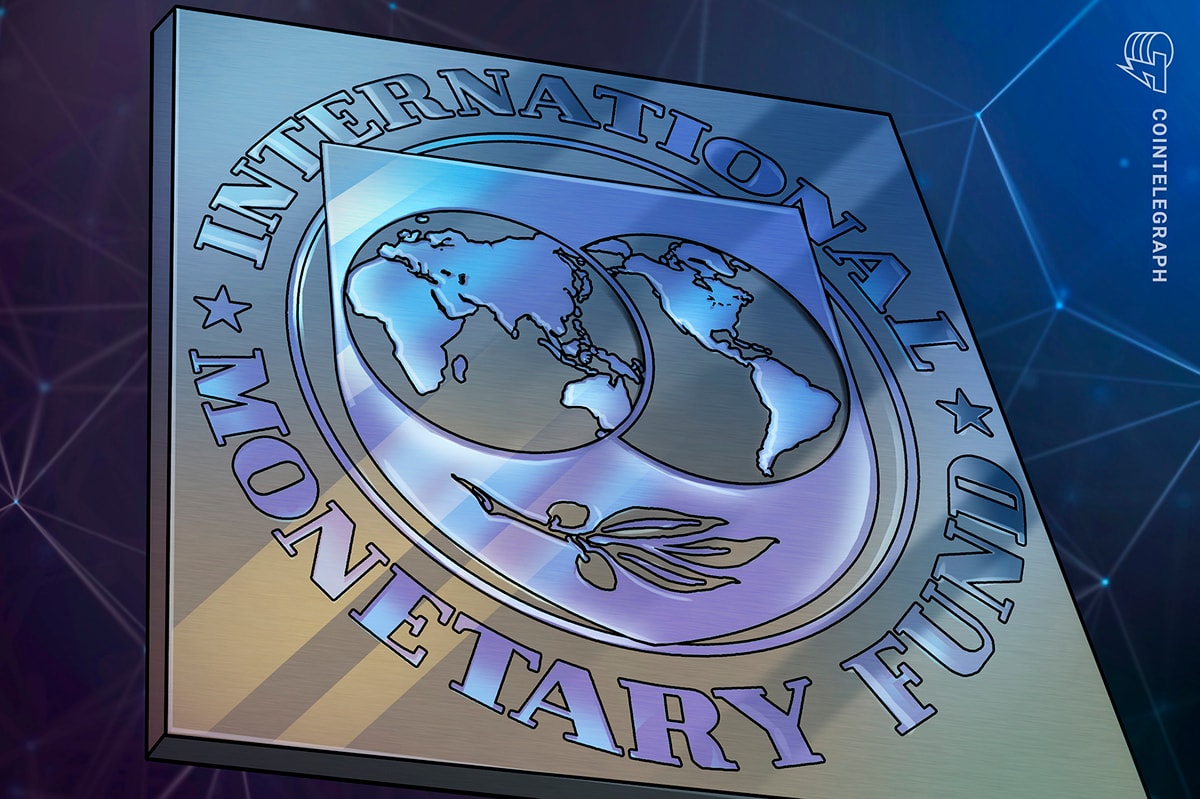IMF Flags Concern Over Pakistan’s Bitcoin Mining Plan

The International Monetary Fund (IMF) has raised concerns over Pakistan’s decision to allocate 2,000 megawatts of electricity for Bitcoin mining and artificial intelligence data centers amid ongoing negotiations tied to the country’s extended financial program.
The initiative, announced last week, is designed to attract autonomous miners, blockchain companies, and AI firms to Pakistan.
However, the IMF has raised red flags about the move, requesting urgent clarification from the Finance Ministry regarding the legality of crypto mining and the power allocations, particularly as the nation struggles with chronic energy shortages and fiscal pressures, according to a report by local news outlets Samaa.
Per the report, the IMF was not consulted prior to the announcement and is questioning the legal standing of cryptocurrencies in Pakistan. The Fund has also voiced concerns over potential impacts on power tariffs and resource distribution.
“There is a fear of further tough talks from the IMF on this initiative,” an official involved in the ongoing negotiations reportedly said. “The economic team is already facing stiff questions, and this move has only added to the complexities of the talks.”
Related: Pakistan announces Bitcoin strategic reserve
IMF plans special session on Bitcoin mining plan
The IMF delegation, currently conducting virtual discussions with Pakistani officials, is expected to schedule a separate session dedicated to the government’s electricity plan for Bitcoin (BTC) mining and AI operations.
The electricity allocation is part of a wider national strategy to integrate digital assets into Pakistan’s economy. A key component of this plan is the establishment of the Pakistan Digital Asset Authority (PDAA), approved by the Finance Ministry on May 21.
The PDAA will regulate exchanges, wallets, stablecoins, and DeFi platforms while overseeing the tokenization of national assets in line with international frameworks such as those of the Financial Action Task Force (FATF).
The development follows Pakistan’s high-profile debut of its first strategic Bitcoin reserve at the Bitcoin Vegas 2025 conference last week — an event signaling Islamabad’s pivot toward digital finance.
During the conference, Bilal bin Saqib, crypto adviser to Prime Minister Shehbaz Sharif, announced the launch of a national Bitcoin wallet and the government’s commitment to support the digital asset sector.
Related: Pakistan appoints special assistant to PM on blockchain and crypto
Pakistan signals new approach to crypto sector
Pakistan’s government began shifting its stance on cryptocurrencies earlier this year with the proposal of a “National Crypto Council” in February 2025.
The body was tasked with drafting a comprehensive regulatory framework for digital assets and attracting foreign investment to the country’s growing crypto ecosystem.
Among the Council’s early proposals were plans to utilize surplus energy for Bitcoin mining and data center operations, as well as building a national Bitcoin reserve.
Binance co-founder Changpeng Zhao was also appointed as an adviser to the Council in April. In this role, he is expected to provide guidance on crypto regulations, blockchain infrastructure, and digital asset adoption.
Magazine: Coinbase hack shows the law probably won’t protect you: Here’s why



